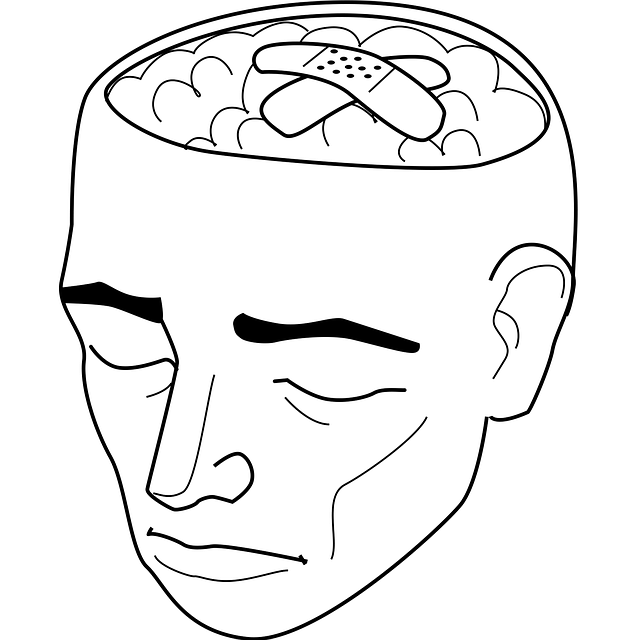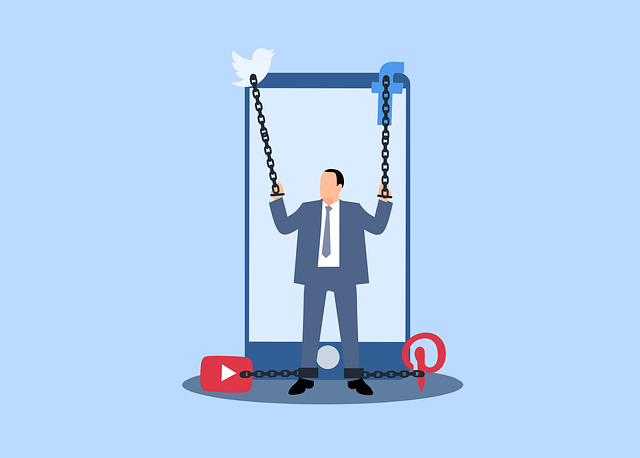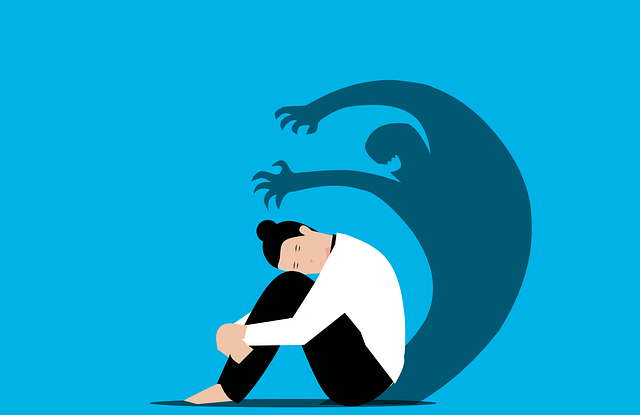Burnout among healthcare providers, especially those specializing in Parker Pain Management Therapy (PPMT), is a significant concern driven by high workloads, long hours, and challenging patient interactions. PPMT offers a comprehensive strategy to combat burnout by addressing root causes of pain and stress through mindfulness, relaxation techniques, cognitive behavioral therapy, and cultural sensitivity. Effective self-care practices, including setting work boundaries, exercising, balanced diets, and conflict resolution, are crucial for maintaining a healthy work-life balance. Organizations can support provider well-being by promoting mental wellness coaching programs, public awareness campaigns, and access to PPMT. Building resilient support systems with crisis intervention services further mitigates burnout, ensuring healthcare providers maintain their mental wellness while prioritizing patient care quality.
Healthcare provider burnout is a growing concern, impacting patient care and organizational productivity. This article explores comprehensive strategies to prevent burnout among healthcare professionals, focusing on the role of innovative therapies like Parker Pain Management Therapy. We delve into work-life balance approaches, self-care practices, and building supportive networks within healthcare organizations. By implementing these strategies, healthcare providers can enhance resilience, maintain well-being, and deliver optimal patient experiences. Discover effective ways to combat burnout, with a special emphasis on the benefits of Parker Pain Management Therapy.
- Understanding Burnout Among Healthcare Providers
- The Role of Parker Pain Management Therapy in Prevention
- Work-Life Balance Strategies for Healthcare Professionals
- Enhancing Self-Care Practices to Combat Burnout
- Building Resilient Support Systems within Healthcare Organizations
Understanding Burnout Among Healthcare Providers

Burnout among healthcare providers is a growing concern within the medical community, impacting both individual well-being and patient care quality. It’s characterized by emotional exhaustion, depersonalization, and reduced personal accomplishment, often stemming from high workload, long hours, and challenging patient interactions. Healthcare professionals, particularly those in demanding specialties like Parker Pain Management Therapy, are at increased risk due to the constant need for empathy, problem-solving, and trauma support services.
Understanding burnout requires acknowledging the unique pressures faced by medical staff. The demanding nature of their work, coupled with emotional demands such as providing Trauma Support Services or engaging in Compassion Cultivation Practices, can lead to a gradual erosion of their motivation and commitment. Empathy Building Strategies play a crucial role in mitigating these effects, fostering healthier patient-provider relationships and enhancing job satisfaction.
The Role of Parker Pain Management Therapy in Prevention

In the ongoing battle against healthcare provider burnout, Parker Pain Management Therapy (PPMT) emerges as a valuable strategy. PPMT focuses on addressing the root causes of pain and stress, providing physicians and caregivers with tools to enhance their well-being. This therapeutic approach integrates various techniques, including mindfulness, relaxation strategies, and cognitive behavioral therapy, to foster self-care practices among healthcare professionals. By promoting better coping mechanisms, PPMT aims to reduce the significant emotional toll that often leads to burnout.
Beyond individual resilience, PPMT emphasizes cultural sensitivity in mental healthcare practice. It acknowledges that healthcare providers, like all individuals, are shaped by their cultural backgrounds and experiences. Incorporating culturally sensitive practices into treatment plans enables healthcare workers to offer more personalized care while mitigating potential barriers related to diverse patient populations. This holistic aspect of PPMT contributes significantly to burnout prevention by creating a supportive environment where both providers and patients feel understood and valued.
Work-Life Balance Strategies for Healthcare Professionals

Maintaining a healthy work-life balance is an essential strategy to prevent burnout for healthcare professionals. The demanding nature of the medical field often leads to long working hours and high-stress environments, which can negatively impact a provider’s overall well-being. To counteract this, healthcare workers should prioritize self-care practices such as setting clear boundaries between work and personal life. This might involve establishing specific work hours and adhering to them, unless absolutely necessary, and ensuring adequate rest and recovery time outside of work. Engaging in regular exercise, maintaining a balanced diet, and practicing mindfulness or relaxation techniques can significantly enhance resilience to stress.
Additionally, integrating conflict resolution techniques and positive thinking strategies into daily routines can create a healthier work environment. By addressing interpersonal conflicts constructively, healthcare professionals can reduce workplace tension, fostering better collaboration among colleagues. Encouraging positive thinking through practices like journaling or meditation has been linked to improved mental well-being and enhanced job satisfaction. Moreover, incorporating activities that alleviate stress and promote joy outside of work is vital for preventing burnout. For instance, engaging in hobbies, spending time with loved ones, or pursuing personal passions can offer much-needed respite from the demands of medical practice, ultimately contributing to better resilience and overall mental health, as supported by Parker Pain Management Therapy.
Enhancing Self-Care Practices to Combat Burnout

Healthcare providers’ well-being is a critical aspect often overlooked in the pursuit of quality patient care. Burnout prevention strategies must include enhancing self-care practices, as it is a proactive approach to maintaining mental and physical health. Healthcare professionals should prioritize regular exercise, healthy eating, adequate sleep, and stress management techniques such as meditation or mindfulness exercises. These habits not only improve overall well-being but also increase resilience against the demands of their professions.
Incorporating self-care into daily routines can include dedicated time for hobbies, social connections, and activities that bring joy. Organizations can support this by promoting resources like mental wellness coaching programs and developing public awareness campaigns to emphasize the importance of balance. Additionally, encouraging self-awareness exercises and providing access to Parker Pain Management Therapy can be transformative in helping providers recognize and manage their stress levels effectively.
Building Resilient Support Systems within Healthcare Organizations

Building resilient support systems within healthcare organizations is a crucial strategy to prevent burnout among providers. These systems should encompass various levels, from departmental to institutional, to ensure a comprehensive and effective safety net. One innovative approach that has gained traction is integrating mental wellness coaching programs. Similar to Parker Pain Management Therapy, these programs offer specialized guidance tailored to the unique challenges faced by healthcare professionals, fostering an environment where open discussions about stress, anxiety, and depression are encouraged.
Furthermore, crisis intervention guidance plays a vital role in building resilience. By providing readily accessible resources for emotional support, healthcare organizations can empower staff to address personal and professional crises proactively. This proactive approach not only enhances individual coping mechanisms but also contributes to a culture of collective care, where the well-being of every team member is prioritized. Such initiatives complement Mood Management efforts, ensuring that providers have the tools and resources needed to navigate the demanding landscape of healthcare while maintaining their mental wellness.
Burnout among healthcare providers is a pressing issue, but with the right strategies, it can be mitigated. By understanding the signs and causes of burnout, implementing work-life balance practices, enhancing self-care routines, and fostering supportive organizational cultures, healthcare professionals can improve their well-being and avoid exhaustion. Parker Pain Management Therapy offers a promising approach to prevent and manage stress, further enriching these efforts. Ultimately, prioritizing burnout prevention is crucial for maintaining a robust and compassionate healthcare system.













